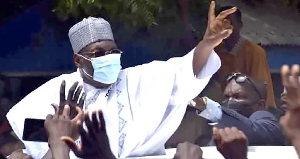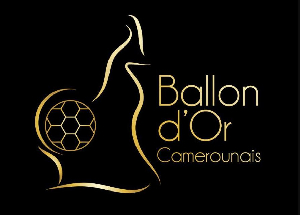Cameroon media practitioners will, from November 24 to 28, be drilled on policy training, environmental and social best practices, standards and tools in the extractive, agro-industries and infrastructure in Cameroon, at a workshop organised in Douala by the World Wide Fund for Nature, WWF.
In line with vision 2035, Cameroon has decided to unlock its economic and social development potential with strong emphasis on the extractive industries, infrastructure development and large agro-industries.
This ambition by the Government is generating interest from investors and companies desiring to expand their mining and agro-business activities in the country. In the last few years, there has been a surge in inward investment in these sectors from western, Chinese and Indian investors.
Cases in point are the Mballa Iron Ore Project in the Southwest region, Nkamouna cobalt and manganese project in the East region, Mount Mamelles iron ore project at the out-skirts of Kribi - to name but these few.
With Cameroonians hoping that these projects will improve fiscal revenue, foreign exchange earnings, there are some challenges to face which range from environmental to managerial.
A release from WWF notes that Cameroon having signed several international conventions to protect its biodiversity, it becomes undoubted that the media remains a critical stakeholder as it plays the key role in supporting good policies and building well governed societies that aspire to raise the living standards of citizens.
The media, the release continues, can inform policy makers to make the right decisions, expose corporate practices such as non-compliance of legislation and applicable best practices, while also informing citizens who will, in turn, exert pressure on both the decision makers and the companies to comply with the appropriate legislations and known best practices.
The workshop which will be centred on informing and building capacity of the Cameroon media on tools and standards applicable to extractive industries, will provide an overview of the extractive and agro-industries in the country and their potential environmental and social impacts.
The media practitioners, during the workshop, will be informed on the findings of the WWF study in status and trends of Chinese investments in Cameroon. They will also be familiarised with environmental and social reporting related to the extractive and agro-industries while providing an opportunity for the media to share with each other their experiences on covering environmental and social aspects of extractive, infrastructure and agro-industries.
About 35 participants from different media organs in the country, who will be at the workshop will be expected to get a clear understanding of the opportunities, challenges, perspectives and WWF role in these sectors.
They will equally be expected to demonstrate their engagement in following up developments in the extractive and large agro-industries and commit to improve on informed media coverage for the benefit of the public.
Infos Business of Monday, 24 November 2014
Source: The Post Newspaper













